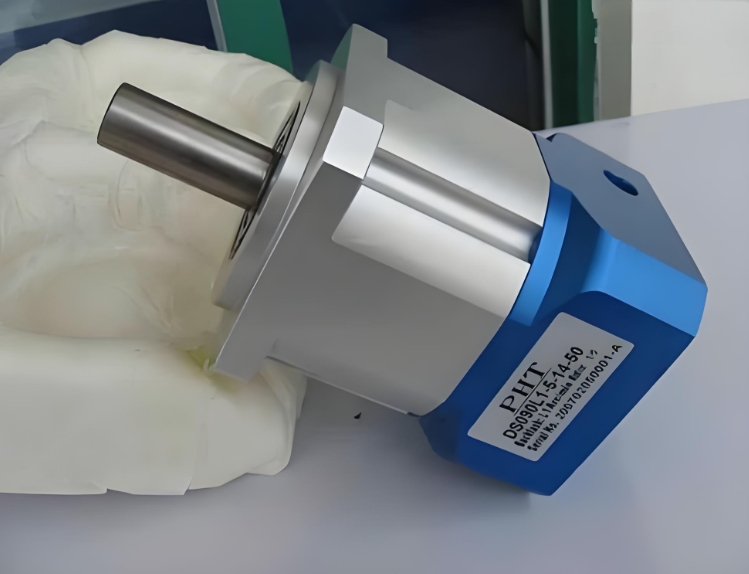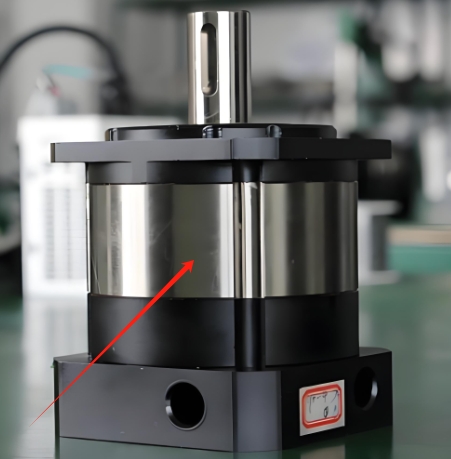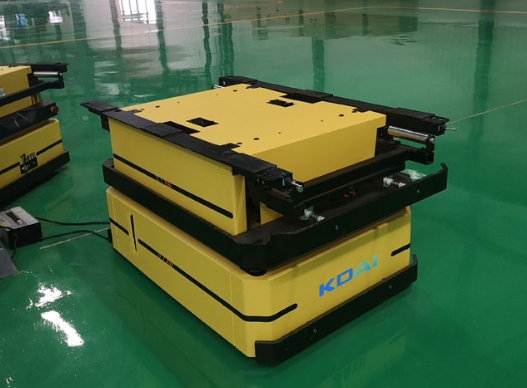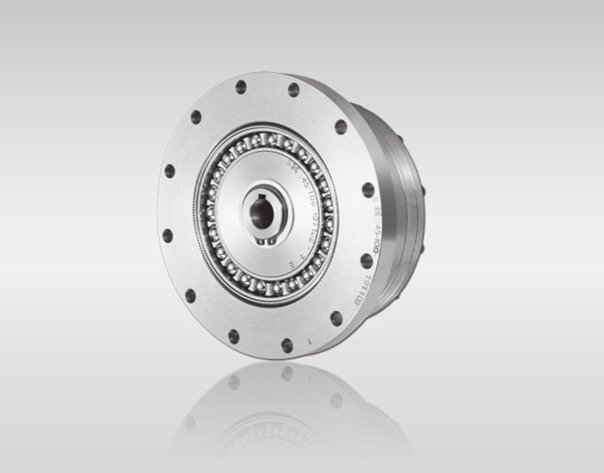
Planetary gear reducers are widely used in various applications due to their superior efficiency compared to conventional gear reducers. However, to maintain their optimal performance, it's crucial to understand and address the factors that can affect their efficiency during operation. Here are some key factors that influence the efficiency of planetary gear reducers:
-
Iron and Copper Losses: During the operation of a precision planetary gear reducer, the iron core is subjected to alternating magnetic fields, resulting in iron losses. Additionally, when the winding is energized, copper losses occur. These losses, combined with other factors, can elevate the temperature of the reducer. Efficient cooling mechanisms are essential to maintain equilibrium between heat generation and dissipation. A sudden temperature rise can disrupt this balance, potentially affecting the normal operation of the reducer.
-
Temperature Rise: The temperature rise refers to the difference in temperature between the precision planetary gear reducer and its surroundings. Generally caused by the heat generated during operation, an abrupt increase in temperature may indicate faults, blocked ventilation ports, or overloading of the reducer.
-
Operating Temperature: The operating temperature is crucial for the lifespan of the precision planetary gear reducer. Prolonged exposure to temperatures beyond its design limits can accelerate the aging of insulating materials, significantly reducing the lifespan of the reducer.
-
Gear Group Losses: Different types of gear groups exhibit varying levels of efficiency losses. Depending on the type, losses can range from 0.5% to as high as 50%. Proper selection and maintenance of gear types are essential to minimize efficiency losses.
-
Sealing Losses: Seals prevent lubricating oil from escaping the planetary gear reducer and prevent external contaminants from entering. While static seals have no significant impact on efficiency, dynamic seals can reduce efficiency due to friction and heat generation. Different seal types offer varying degrees of protection and introduce different levels of friction, affecting overall efficiency.
-
Bearing Losses: Bearings play a critical role in the operation of planetary gear reducers. The type, style, and lubrication of bearings can influence efficiency. For example, adding seals to roller bearings may increase resistance and reduce efficiency. The selection of appropriate lubricants, considering factors such as viscosity, is essential to maintain optimal performance.
-
Lubricant Viscosity: The viscosity of the lubricant is a key factor affecting the efficiency of planetary gear reducers. As temperature decreases, lubricants become more viscous, increasing resistance and reducing efficiency. Conversely, as temperature rises, lubricant viscosity decreases, improving efficiency. Proper lubrication is essential to strike a balance and prevent issues like overheating or excessive wear.
In conclusion, various factors, including losses, temperature, sealing mechanisms, bearings, and lubricants, collectively influence the efficiency of planetary gear reducers. Proper maintenance, selection of appropriate components, and adherence to operational guidelines are crucial to ensuring optimal performance and longevity of these essential devices.
 English
English Deutsch
Deutsch Русский
Русский Español
Español

















Quote Now